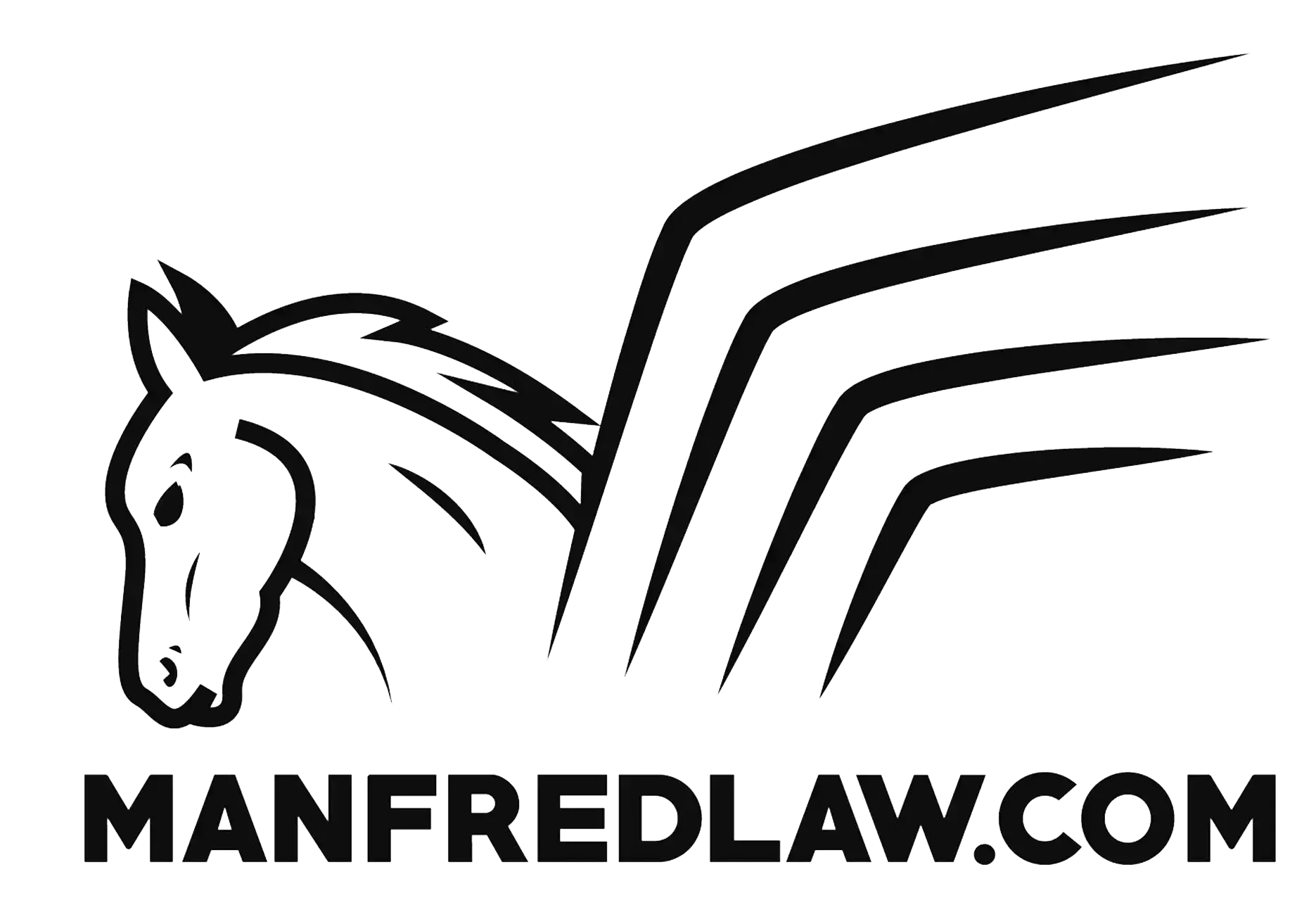What to Expect When You Hire a Surplus Funds Recovery Lawyer
What to Expect When You Hire a Surplus Funds Recovery Lawyer
Have you fallen behind on your mortgage payments? Is foreclosure imminent?
If so, then you’ve already got enough pressure and stress in your life. You don’t need the hassle of ensuring you’re provided with the surplus funds you’re entitled to. At this point, you have a number of choices ahead of you. Sometimes, the right answer is to seek to avoid foreclosure entirely. However, note that Texas law may be able to offer a glimmer of hope for those who are facing such woes.
What are surplus funds, and how can a lawyer help? Find out all the answers below.
What Are Surplus Funds? Am I Entitled to Them?
In foreclosure situations, your home often gets auctioned off to the highest bidder. Sometimes, the house gets sold for more money than the liens against it. This extra money’s called foreclosure surplus funds.
So, are you (the homeowner) entitled to these surplus funds? Here’s how to know — did your property sell for more than what you owed to lenders?
If the answer is yes, then it’s important to figure out if you’re entitled.
The number one reason people don’t get these funds is because they aren’t aware those funds could become theirs after taking the right steps. You can recover these funds, but you may need an attorney’s help. Learn more about the process below.
Do You Need Legal Representation?
The Mortgage Bankers Association reports one out of 200 homes gets foreclosed upon. While your situation isn’t ideal, you’re not alone.
Thousands of families go through the foreclosure process, but there’s help available. So, what are surplus fund attorneys, and how can they help? Here are a few advantages of hiring an attorney:
- They’ll help you fill out and file the proper paperwork
- They’ll ensure you take action before your claim expires
- They’ll help monitor your home’s auction
Hiring a lawyer for this process isn’t required. You can research how to claim foreclosure overages on your own. But, having an attorney on your side is a huge advantage.
What to Expect From Your Lawyer
So, how exactly does this work?
After submitting any and all documents concerning the property's ownership history or the foreclosure to an attorney for review, the attorney will determine if you are a viable candidate to recover proceeds and identify whether there are any looming issues. Once legal engagement with an attorney has been formalized, you and your attorney will discuss your circumstances. You’ll learn what you might be able to reasonably expect for the unique circumstances of your case/ claim. Always keep in mind, however, that surprises and delays can (and do) appear.
After foreclosure, the home goes to auction. Most auctions take place online, and the transactions are fast. You’ll get notified about any excess proceeds, but the mail will go to your old address—meaning that most folks don't ever get this notice.
To ensure this doesn’t happen, leave a forwarding address so you’ll get notified. This important notification should include information on how to access your funds.
If you didn’t receive notice, then an attorney can research what happened after engagement with that attorney has been formalized. An attorney in this field should be ready to help in determining whether surplus funds exist and how to access them.
Next, you’ll need your attorney to file a petition for the excess proceeds in court or to submit a claim to the mortgage foreclosure Trustee. You have a limited time frame to file or you’ll lose the funds by default (in the tax context).
Finding the Right Surplus Funds Lawyer For You
Are you currently wondering how to navigate the surplus funds procedure? Are you looking for legal representation in Houston? If so, then reach out to Manfred Sterberg and Associates on our online form now.









